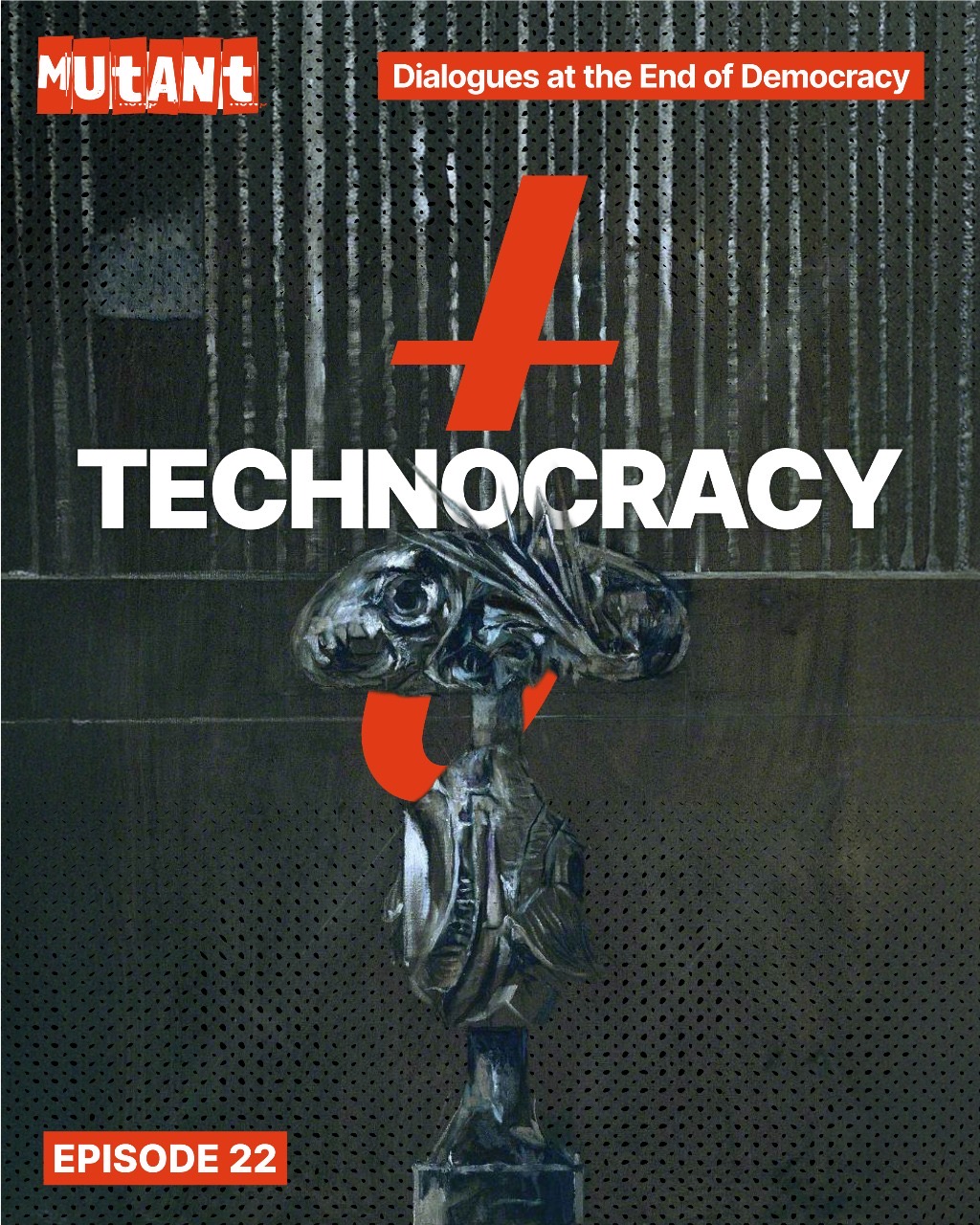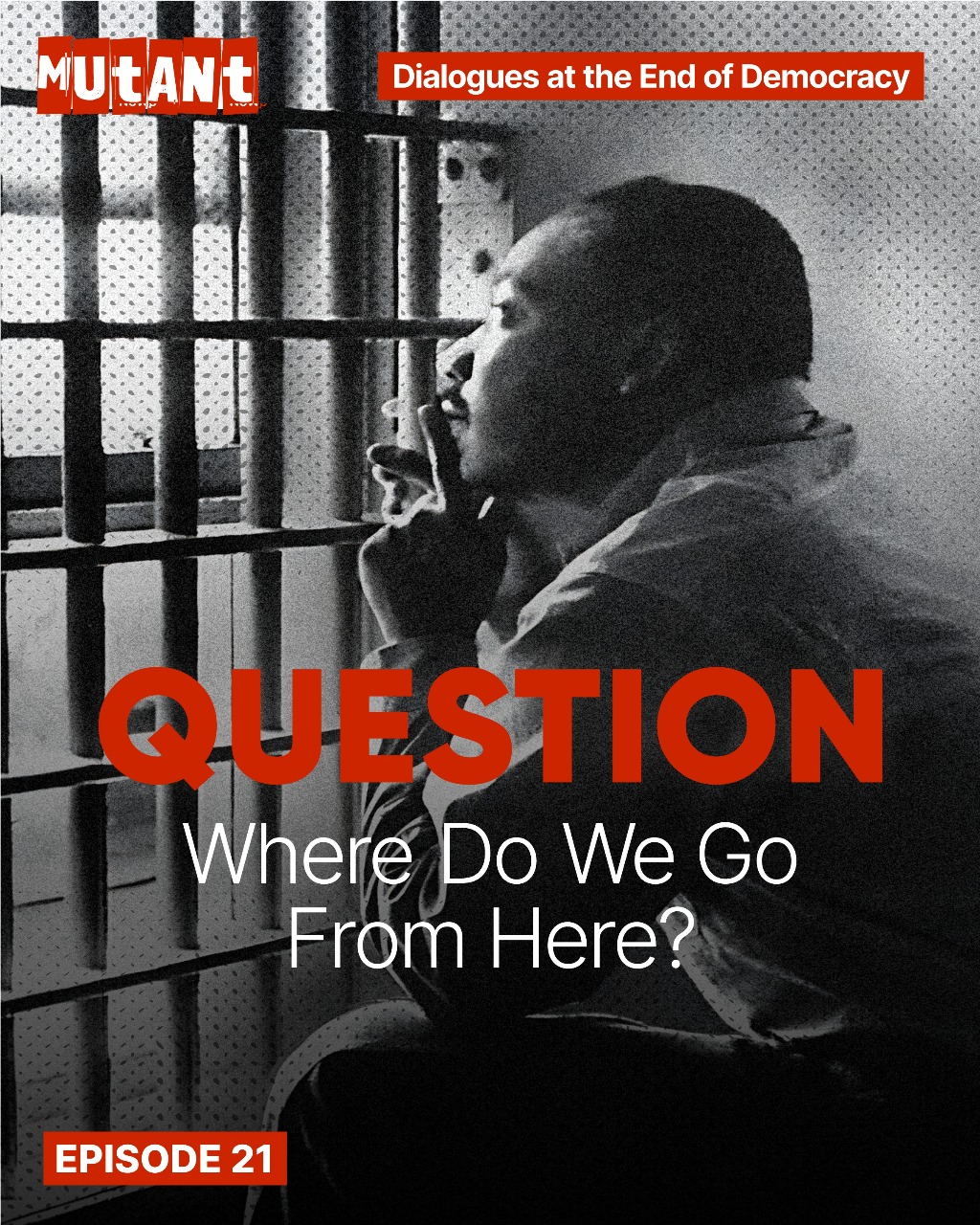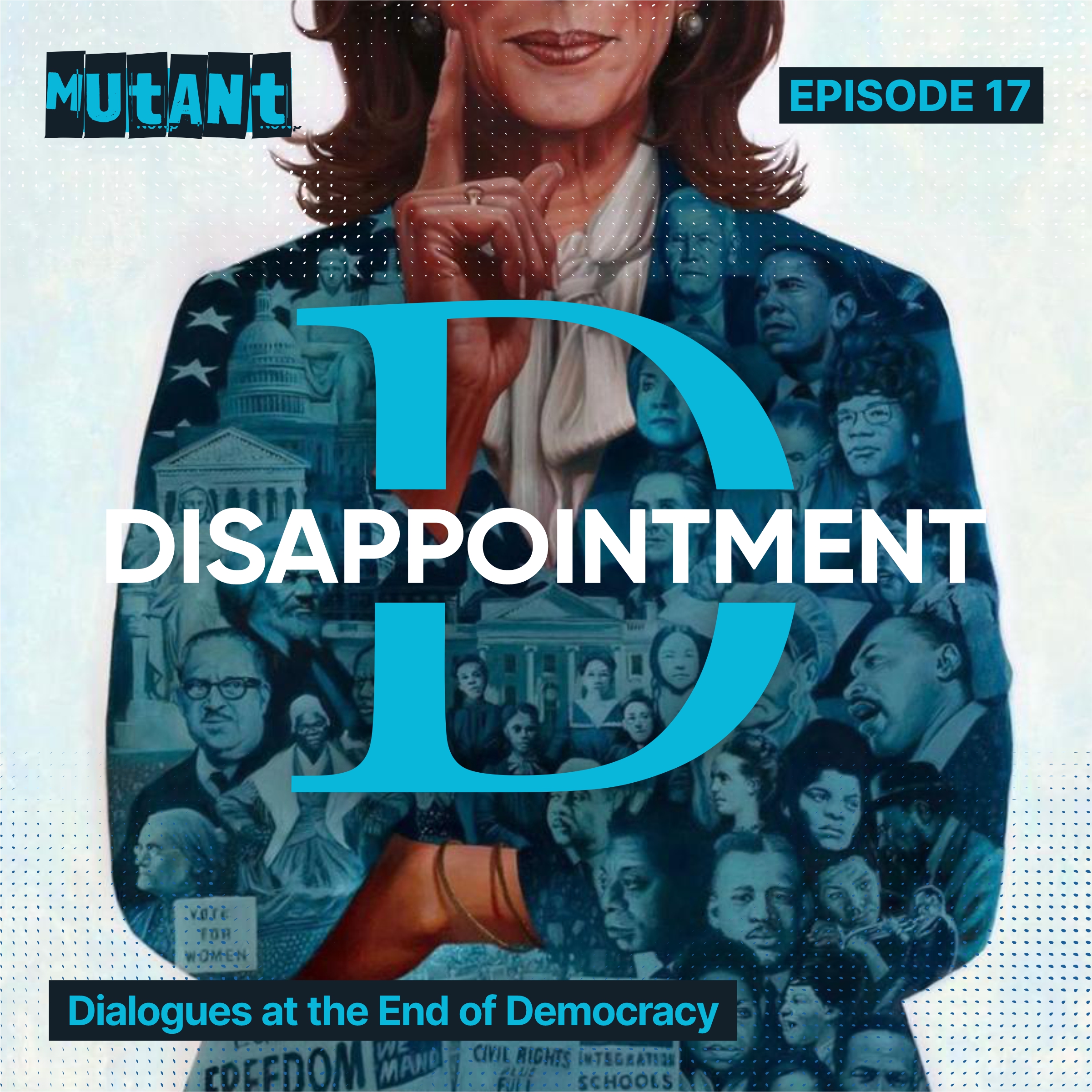When we began Mutant, we set ourselves the task of entering ordinary language. Not the magisterial or prophetic, but words, ideas and concepts so quotidian, they have paradoxically become—much like democracy—impenetrable.
Nowhere is that paradox more conspicuous than in the idea of truth.
To think about truth is to immediately hit a wall. Loaded with theological overtones on the one hand and metaphysical baggage on the other, truth is weak, uncertain, time-consuming, painstaking. It carries a high burden of proof. It demands hard work, and in the political realm, courage. It promises liberty but delivers disappointment. And so it enters the world quietly—often too late, frequently unwelcome.
What do we do with a thing like that? And what makes this thing—truth—unnatural to politics, so rare in politics, and yet so divisive a terrain of the political?
“The fundamental problem with truth is that unlike a lie, it does not serve an immediate purpose,” Aishwary points out. “A lie justifies itself. A lie has intentionality. A lie serves a political end. Truth does not come into the world as instrumentality. It does not seem to serve a purpose until that dangerous, even lethal moment, when lies and rumors have started to serve theirs.”
Truth, in other words, becomes visible to us only in its ruin. But what, in the moment of its disappearance, does truth take with it?
“In her landmark 1951 work The Origins of Totalitarianism, Hannah Arendt delivers a startling insight when she refuses a binaristic distinction between truth and lying,” says Aishwary. “She writes instead of the fundamental importance of what she calls standards of thought.”
“The ideal subject of populist and fascistic disinformation, that is to say, the ideal subject of totalitarian rule is never a card-carrying Nazi or card-carrying communist, Arendt argues. The ideal subject of totalitarian rule are people for whom the distinction between fact and fiction, truth and lying, has itself ceased to matter. For whom the paradigms of judgment have collapsed. And it is at that moment that we realize what truth-telling can do, and what its disappearance can mean for the modern democratic experiment.”
“Truth, then, is not a rule,” Aishwary proposes. “It is a commitment, a technique. It is Baldwin’s fire, King’s pilgrimage, Ambedkar’s responsibility."
T | Truth #nowstreaming

It is undeniable that technology has disrupted democracy, that algorithms have begun to threaten human agency and deform identity, and that artificial intelligence, deeply...

Has America given up its “pursuit of happiness”? Why do we ask so many questions? "How does it feel to be a problem?" Du...

Often shrugged off as a passing sense of dejection in a world that has let us down, “disappointment” might be the most intransigent concept...